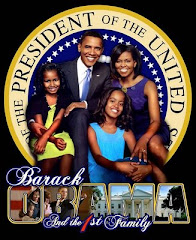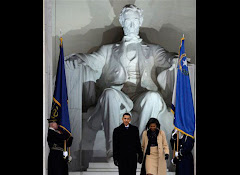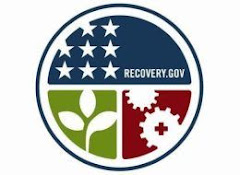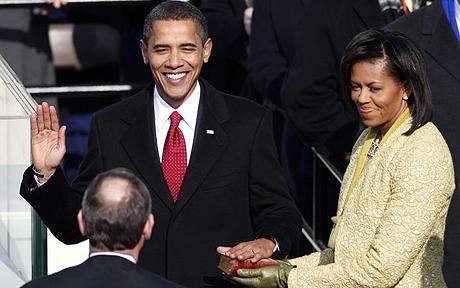
Q&A: What does the Obama tax deal mean ?
Learn the MAJOR benefits to Middle America
instead of JUST Whining
The extension of Bush-era tax cuts negotiated Monday by the White House and Republican leaders would affect taxpayers, economic growth and even the political hot potato of federal deficits.
The agreement must still work its way through Congress. Here is a primer on how it would work:
Question: On what did President Obama and the Republicans agree?
Answer: The parties agreed to extend the Bush-era income tax cuts for everyone, regardless of annual income, for the next two years. In addition, they agreed to keep the top tax rate of 15% on dividends and capital gains during the period and to adjust the alternative minimum tax so that 21 million households would not be pushed into higher tax brackets.
Q: What does that mean for taxpayers?
A: Tax cuts and related deductions worth more than $3,000 a year to a typical working family would continue after Jan. 1 rather than expire as originally scheduled. More than 100 million middle-class families would save about $2,000 a year, the White House said.
Q: Are tax credits included?
A: The agreement would renew for two years the credit for students seeking college degrees. The maximum credit remains $2,500.
The $1,000 credit for each child also would be extended for two years.
Q: What happens to the estate tax?
A: Under the proposal, estates of up to $5 million would transfer free of federal taxes. After that, the maximum tax rate of 35% would kick in.
Q: Economists describe the agreement as an economic stimulus. How does that work?
A: There are two broad areas, aside from specific business taxes, that are expected to have a stimulative effect. The first is a payroll tax cut and the second is the extension of unemployment benefits.
Q: What happens with payroll deductions?
A: The current payroll tax would be decreased by two percentage points to 4.2% from 6.2% for one year. The government estimates that would put about $1,000 into the paychecks of a family earning $50,000. For those in the top bracket, earning $106,800 or more annually, that would be savings of $2,136.
The administration said the money saved, about $120 billion for 155 million workers, probably would be spent rather than saved, providing a significant economic boost. Some economists disagree on the effect.
Q: What is happening with jobless benefits?
A: Extended unemployment benefits began expiring last month. The agreement would continue the extended benefits for 13 months, through the end of 2011. The White House said that the 2 million jobless Americans who would have lost their payments this month — and 7 million who could have lost their assistance next year — would keep getting benefits.
The administration said this provision, costing some $56 billion, also would help create 600,000 jobs next year.
Q: How would the package be financed?
A: The agreement does not include any spending cuts, so the costs for unemployment benefits and the lost revenue from payroll deductions probably would be made up by borrowing, increasing the federal budget deficit.
Knowledge is Power






































